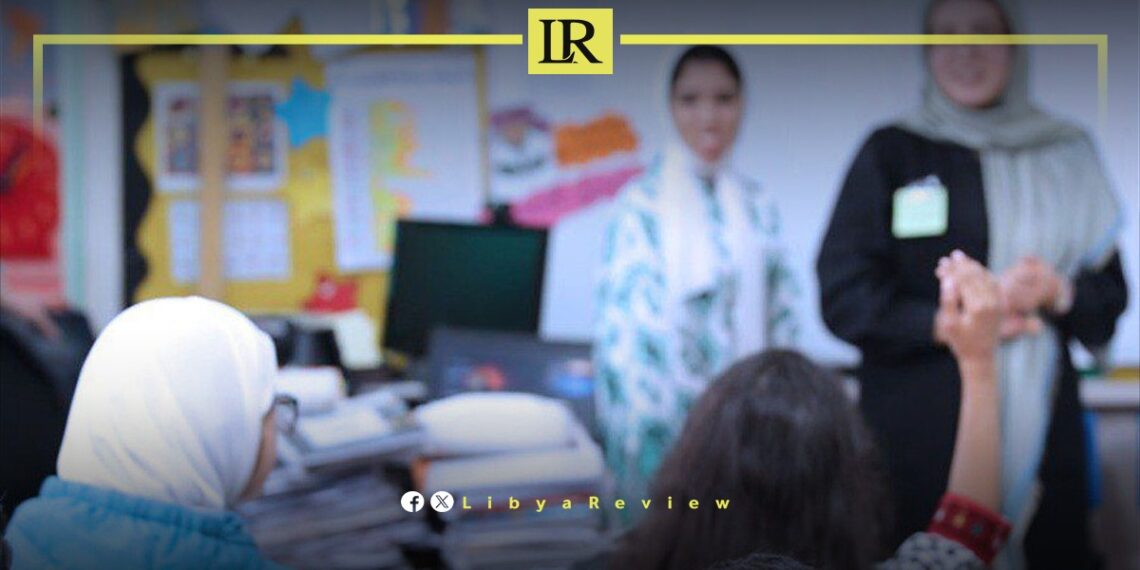UNICEF’s initiative in Libya is making significant strides in raising awareness about the importance of reducing plastic waste, particularly single-use plastic bags.
Vanessa Lee, Head of Education at UNICEF in Libya, lauded the recent efforts of Libyan girls participating in the “Leaders” training program, sponsored by the United Nations, as they visited private and international schools in Tripoli. Their mission? To educate children on the critical issue of climate change and its far-reaching impacts.
Lee emphasised the vital role of climate education in ensuring the preservation of our planet, stating, “Climate education is of paramount importance for the sustainability of our planet.” During their school visits, the teams of young leaders witnessed encouraging signs of engagement from both students and educators. Lee expressed her delight at the proactive measures taken by schools to promote waste recycling, reuse, and reduction, with a particular focus on minimising plastic consumption.
One noteworthy outcome of these visits was the collective decision in several classrooms to implement bans on single-use plastic bottles and bags, in favor of reusable alternatives. This shift towards sustainable practices reflects a growing awareness among Libyan youth about the environmental impact of their choices.
UNICEF’s efforts in Libya underscore the organisation’s commitment to empowering communities and fostering environmental stewardship among future generations. By championing initiatives like the promotion of reusable plastic bags, UNICEF is not only addressing immediate environmental concerns but also laying the groundwork for a more sustainable future.
Last month, the United Nations Children’s Fund (UNICEF) announced that it had achieved a significant milestone in Libya, supporting the vaccination of over 460,000 children under two years old in 2023. This initiative, highlighted during World Immunization Week, underscores UNICEF’s commitment to enhancing child health in a country still grappling with the aftermath of prolonged conflict and instability.
In partnership with the Libyan Ministry of Health and the National Center for Disease Control, UNICEF’s vaccination drive aims to protect Libya’s most vulnerable populations from preventable diseases. The organization also emphasized the critical need for increased investment from both the Libyan government and global donors to improve the safety and quality of vaccinations, ensuring comprehensive access to these crucial health interventions.


